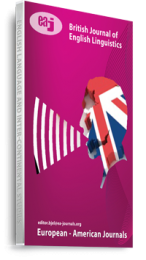The frontier issues of pragmatics in recent years have always been controversial. A kind of meaning, which is “conveyed but not literally and explicitly expressed by the utterance without a context” (not with a context) and its cognitive mechanism have drawn much attention from researchers. Scholars from different perspectives propose varied terms for the phenomena and cognitive processing models to explore the human processing mechanism. In 1994, Kent Bach coined the term “impliciture” (from “implicit”; cf. implicature) and proposed his tenet on the term. At present, three models are implied for the processing mechanism: post-Gricean “Context-driven,” Levinson’s “Default” and Bach’s “Standardization.” The current research investigated this issue by testing the processing of three types (time, location, possession) of context-free Chinese sentences with implicitures in an experiment to see which model is more acceptable for Chinese implicitures. The result showed that the implicitures were automatically computed and that impliciture types did not influence the processing of impliciture. In this case, both Default and Standardization were supported. The results suggested that further studies on implicitures, especially impliciture processing mechanisms by manipulating contexts, should be conducted from the perspective of different languages.
Keywords: Chinese Impliciture, Conversational Implicitures, Default, Experimental Pragmatics, Processing Mechanism, standardization

